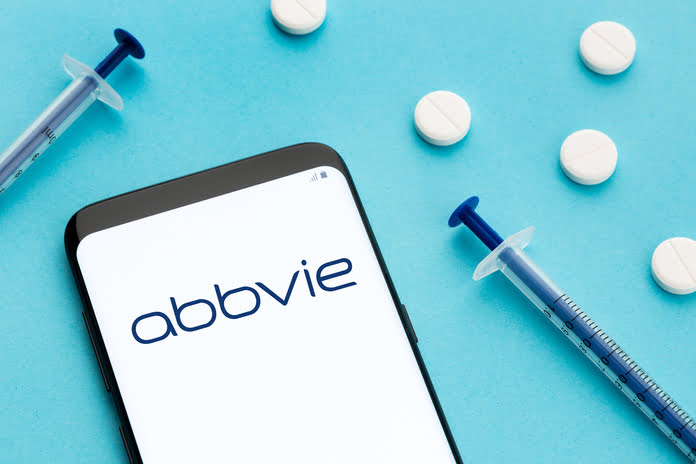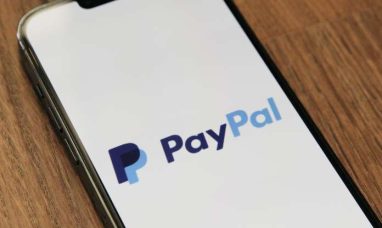AbbVie Stock (NYSE:ABBV)
Both AbbVie (NYSE:ABBV) and Eli Lilly (NYSE:LLY) have announced that they will no longer be participating in a voluntary drug pricing agreement between the pharmaceutical industry and the government of the United Kingdom. This agreement set growth caps on the amount of branded medicine sold to the country’s National Health Service (NHS). Despite that, AbbVie stock surged.
The announcement was made on Monday by the Association of the British Pharmaceutical Industry, which is the representative of the 2019 deal. In making the announcement, the Association of the British Pharmaceutical Industry cited stringent government requirements for the exit of U.S. pharma giants.
The National Health Service’s (NHS) spending on branded medicines is capped at 2% annual growth under the Voluntary Scheme for Branded Medicines Pricing and Access (VPAS) in the United Kingdom. The industry participants who agreed to the five-year deal are responsible for returning any spending above the limit.
According to the Association of British Pharmaceutical Industries (ABPI), “Companies are increasingly saying that it is no longer viable to defend the United Kingdom’s ‘voluntary system’ to worldwide boardrooms and investors.”
As a result of the decision to increase the 2023 repayment rates to 26.5% of revenue, branded drug manufacturers will be required to return £3.3B ($4.0B) of sales revenue to the government this year. This figure is an increase from the £0.6B and £1.8B expected to be returned in 2021 and 2022, respectively.
“Repayment rates in 2023 have skyrocketed to 26.5% of income as a result of faults in the present scheme’s architecture,” the ABPI said, adding that this leaves the United Kingdom utterly out of pace with its worldwide rivals and outside of historical standards.
After they depart from VPAS, AbbVie and Lilly will become participants in the alternative statutory drug pricing plan. This scheme demands the pharmaceutical sector reach payback rates even higher than those stipulated in the voluntary agreement.
The announcement comes at a time when there is increasing public criticism over the rising cost of medications. The Inflation Reduction Act was passed into law in the United States in August, giving the Secretary of Health and Human Services (HHS) the authority to negotiate medication costs for Medicare Parts B and D for the first time. This was one of the many provisions of the law.
Featured Image: Megapixl @ Avictorero
















